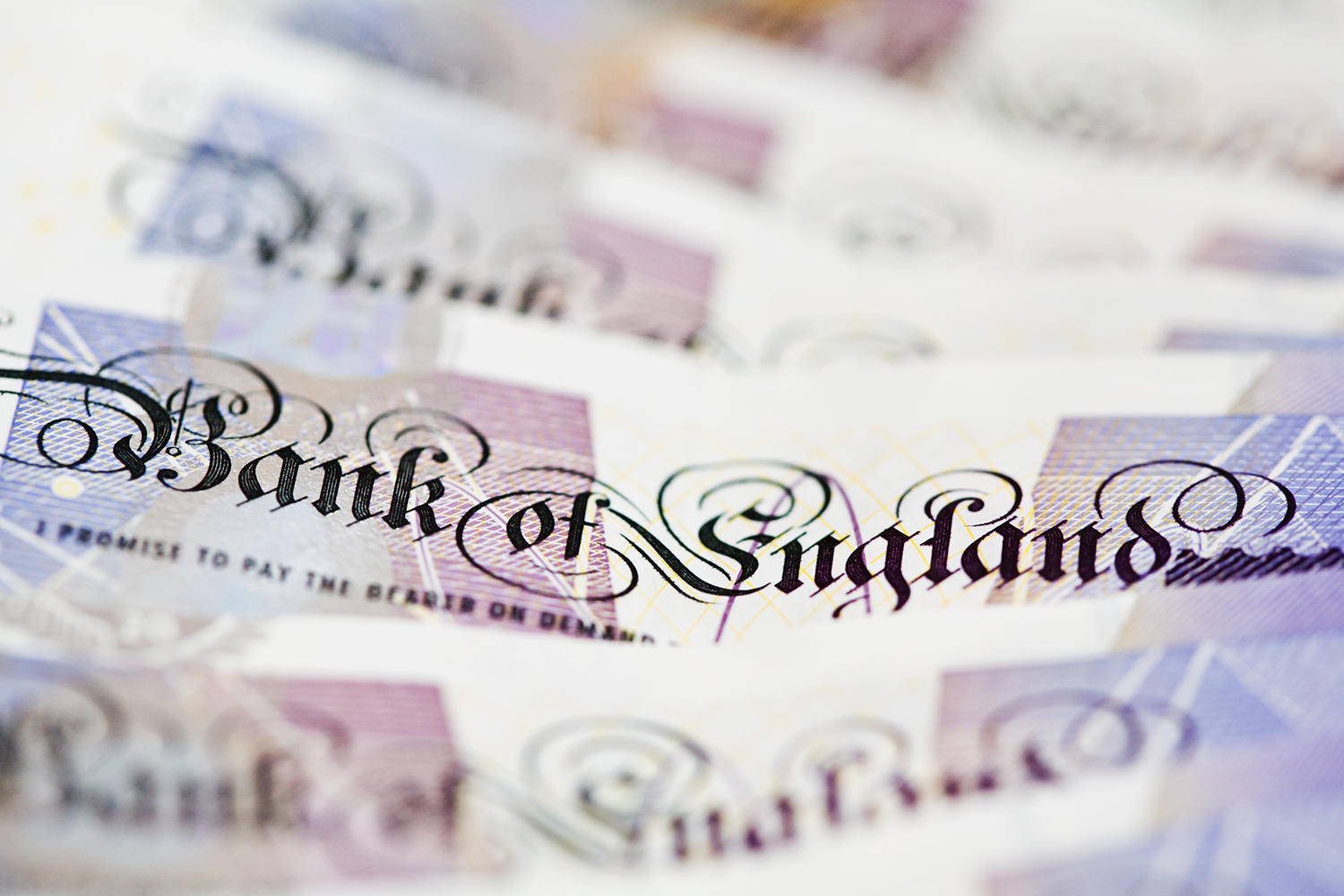
The Bank of England's recent base rate cut to 4.75% may have mixed effects on property sellers.
Primarily, a lower base rate makes mortgages more affordable, potentially increasing demand among buyers as borrowing costs fall. This can lead to more competitive bidding and possibly support or slightly increase property prices, which could benefit sellers.
However, not all prospective buyers will see immediate mortgage rate reductions. Lenders consider a variety of factors, and while those with variable or tracker mortgages may see immediate savings, those with fixed-rate mortgages will only benefit at renewal. This could temper the expected increase in demand, especially if lenders do not pass on the full impact of the rate cut right away.
The rate cut also reflects the Bank's desire to stimulate a slowing economy by increasing consumer spending, which can indirectly benefit property sellers. With potential buyers enjoying lower monthly repayments or increased borrowing power, more people may feel financially secure enough to enter the housing market.
Ultimately, while the rate cut has the potential to boost property demand, broader economic uncertainties may have a more measured impact on property values and market activity. Sellers may find it easier to sell, but buyers may be more cautious, especially if economic concerns persist. Those considering remortgaging before a sale or using equity to buy a second property may find lower rates advantageous because they reduce financing costs.
Overall, the BoE's rate cut bodes well for the property market. Lower borrowing costs may entice more buyers, potentially driving up demand and property prices. However, market reactions may vary because lenders may not immediately lower all mortgage rates.



